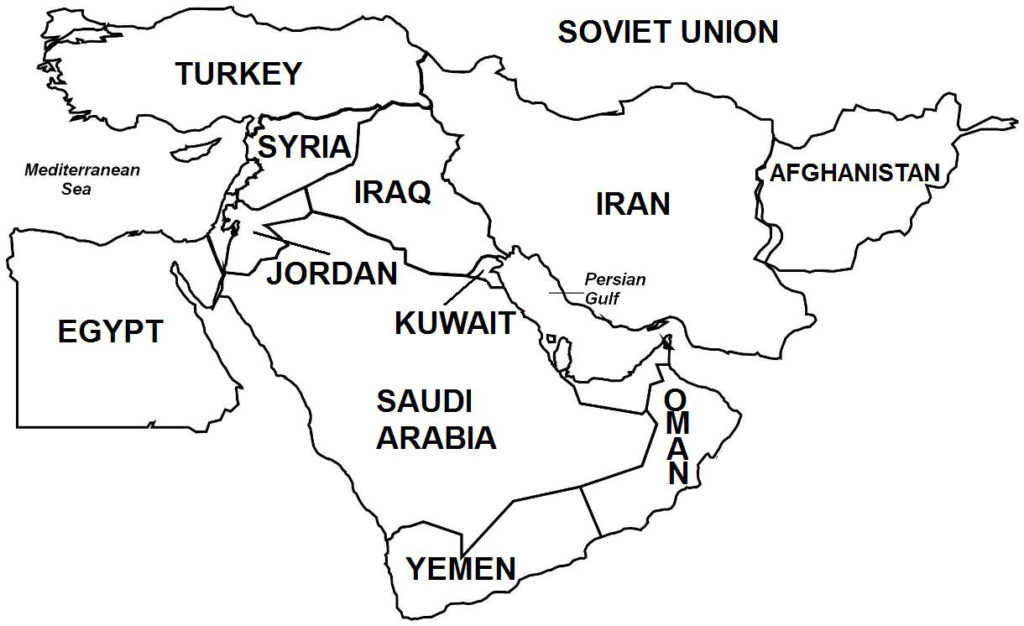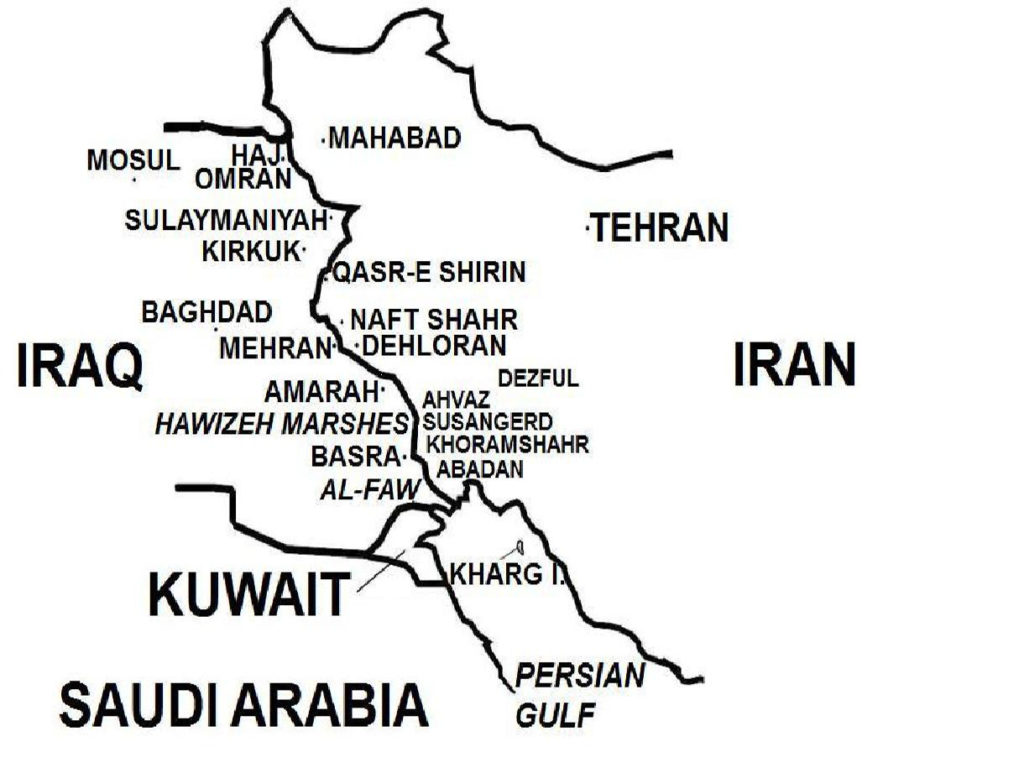On May 17, 1987, the USS Stark was hit by two missiles fired by an Iraqi jet aircraft, killing 37 personnel and injuring 21 others. The American ship was part of the Middle East Task Force assigned to patrol off the Saudi Arabian coast during the on-going Iran-Iraq War (September 1980-August 1988). Emergency contingencies saved the ship from sinking, arriving at Bahrain the next day for temporary repairs before returning to the United States.
During the Iran-Iraq War, the United States backed the Iraqi regime of Saddam Hussein. Prior to the war, U.S.-Iraqi relations had been distant, but greatly improved during the conflict. The United States provided Iraq with several billion dollars’ worth of economic aid, the sale of dual-use technology, non-U.S. origin weaponry, military intelligence, and special operations training.

On the other hand, the U.S. had cut diplomatic relations with Iran in April 1980 following the storming by Iranian students of the U.S. Embassy in Tehran (November 1979) and what would subsequently be a hostage crisis lasting 444 days. Relations had been on the decline following the ouster of Mohammad Reza Shah Pavlavi and Iran setting up an anti-American, hard-line theocracy under Ayatollah Khomeini.
U.S. President Jimmy Carter had agreed to let the Shah into the United States, prompting the Iranians to suspect that the U.S. government and the Shah were conspiring to undermine the Iranian Revolution. This suspicion has often been used by the Iranian revolutionaries to justify their claims that the former monarch was an American puppet, and this led to the storming of the American embassy by radical students allied with the Khomeini faction.
For a period following the USS Stark incident, relations between Iraq and the United States were strained. Nevertheless, by mid-1987, both sides had overcome this issue. Although lingering suspicions about the United States remained, Iraq welcomed greater, even if indirect, American diplomatic and military pressure to try to end the war with Iran. For the most part, the Iraqi government believed the United States supported its position that the war was being prolonged only because of Iranian intransigence.
(The Iran-Iraq War was in part brought about by Iran’s transition to a hard-line theocratic regime. Relations between the two countries deteriorated as Iran’s Islamist fundamentalism contrasted sharply with Iraq’s secular, socialist, Arab nationalist agenda. This breakdown in relations was only the latest in a long history of Arab-Persian hostility that resulted from a complex combination of ethnic, sectarian, political, and territorial factors. Click here for more information on the war.)

